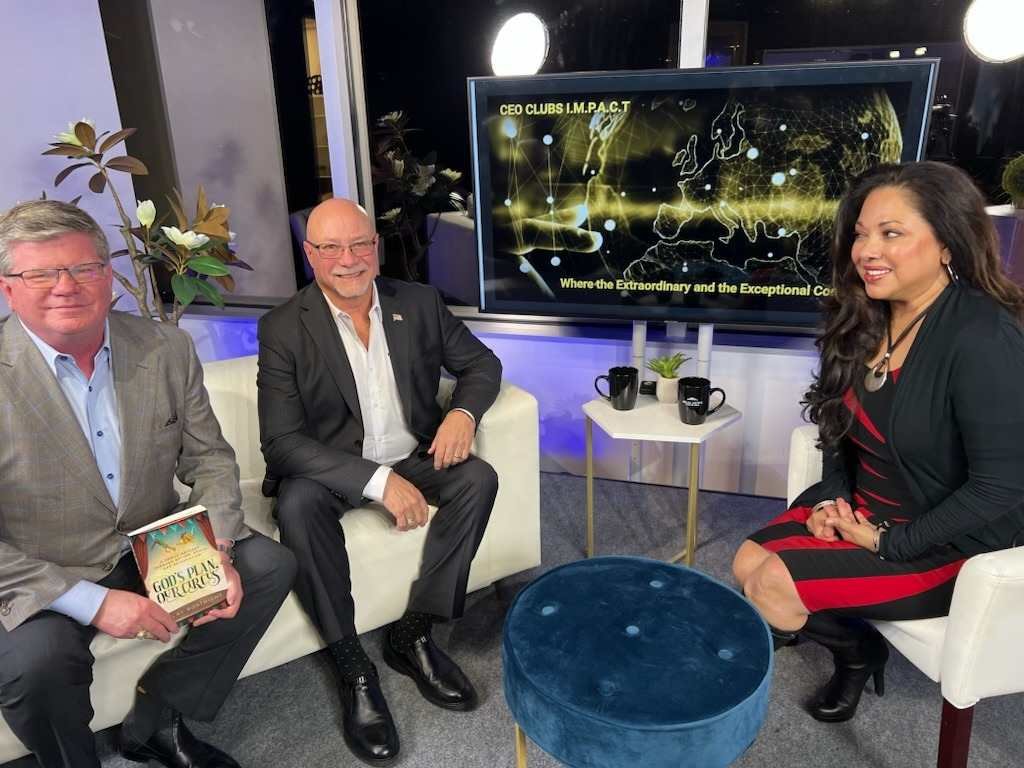Misinformation and disinformation have been a major challenge to democratic governance, shaping public perception in ways that distort the facts of the issue and undermine informed decision-making. The recent rise of social media with the rapid distribution of unverified claims has heightened this problem and made the need for solutions emphasizing truthfulness and transparency all the more imperative. It requires an innovative approach to information sharing and solid fact-checking mechanisms and encourages data literacy among citizens.
In the modern political landscape, misinformation campaigns can sway elections, undermine public trust in institutions, and fuel social division. The effects are far-reaching, undermining constructive dialogue and skewing public policy debates. Efforts to counter these challenges have often involved holding platforms accountable, promoting media literacy, and ensuring reliable information is accessible to the public. Organizations working at the nexus of technology, civic engagement, and political accountability are crucial in tackling these issues.
Among these organizations is Project Democracy, a nonpartisan organization founded by Aaron Biello in 2024. Focusing on data transparency and public trust, Project Democracy seeks to bridge the gap between complex political information and the citizens who rely on it. By prioritizing accuracy and accessibility, the organization aims to reduce the influence of misinformation in shaping political discourse.
Using Data Transparency to Build Public Trust
Open and transparent data can be an effective tool against the proliferation of misinformation fueled by environments where proper data is inaccessible or overshadowed by misleading narratives. Biello’s organization counters this by compiling verified political data and presenting it in a user-friendly format accessible to a broader audience. One of its key strategies is to harness technology to give fact-based insight into political trends and government actions. Project Democracy enables users, through clear and concise data visualizations, to independently verify claims made in public discourse. These efforts equip citizens with the tools to distinguish fact from fiction and foster a culture of critical thinking and accountability.
Fact-Checking as a Foundation
Fact-checking has been a key part of correcting disinformation, and Project Democracy incorporates this rigorous verification process into its operations. The organization ensures accuracy in its reports and resources by working with data analysts, subject matter experts, and independent reviewers. Fact-checking efforts are often high-stakes political moments: elections or policy debates when misinformation can sway public opinion. The commitment to neutrality is also evident in how Project Democracy verifies information. Reports produced by the organization avoid partisan framing and instead focus on presenting objective analyses. Impartiality is essential in maintaining credibility, especially in polarized political environments where accusations of bias undermine trust in fact-checking institutions.
Countering Disinformation with Accessible Tools
In addition to fact-checking, Project Democracy has developed tools designed to make reliable information more accessible to the general public. One example is the organization’s flagship AI platform, CIVALYTICS.Ai, which simplifies analyzing complex political data. The platform helps bridge the gap between data experts and everyday citizens by allowing users to generate insights without requiring specialized knowledge. The availability of such tools highlights the organization’s interest in ensuring that crucial information does not reach only the well-resourced or elite groups. Project Democracy democratizes access to political data and empowers individuals, independent journalists, and advocacy groups to participate in informed discussions and decision-making processes.
Promoting Media Literacy and Civic Engagement
Whereas it is essential to offer people credible information, Project Democracy is responsible for preparing the public to be critical in determining their information. The organization provides workshops and seminars for improved media literacy, equipping participants with knowledge on the credibility of sources and tricks applied during disinformation campaigns. It aims at groups that are highly vulnerable to disinformation, including first-time voters or those who do not have easy access to mainstream news providers. Project Democracy’s educational initiative also aims at civic engagement’s role in battling misinformation. Through the involvement of active citizenship in democratic processes, the group creates a more informed, resilient electorate. This two-pronged effort towards education and engagement manifests Biello’s aim of enabling individuals to influence the political landscape significantly.
The Broader Impact of Combating Misinformation
It extends to how institutions and policymakers think about information dissemination. Organizations like Project Democracy are critical in holding public officials accountable by providing transparent data on government actions and policies. Accountability deters the spread of false narratives and promotes greater integrity within public institutions. As the spread of misinformation evolves, so must strategies to counter it. The framework for Project Democracy, which incorporates technology, education, and public outreach, highlights the multifaceted approach needed to answer these challenges. By putting factual accuracy and accessibility above other concerns, the organization helps contribute to a political environment where informed dialogue may flourish.
In a Nutshell
The fight against misinformation and disinformation remains one of the defining challenges of contemporary democracy. Through its focus on transparency, accuracy, and accessibility, Project Democracy provides a model for how organizations can rise to meet this challenge. Biello’s leadership and the organization’s emphasis on empowering citizens with reliable information underscore the critical role of data in shaping a more informed and equitable political landscape.



